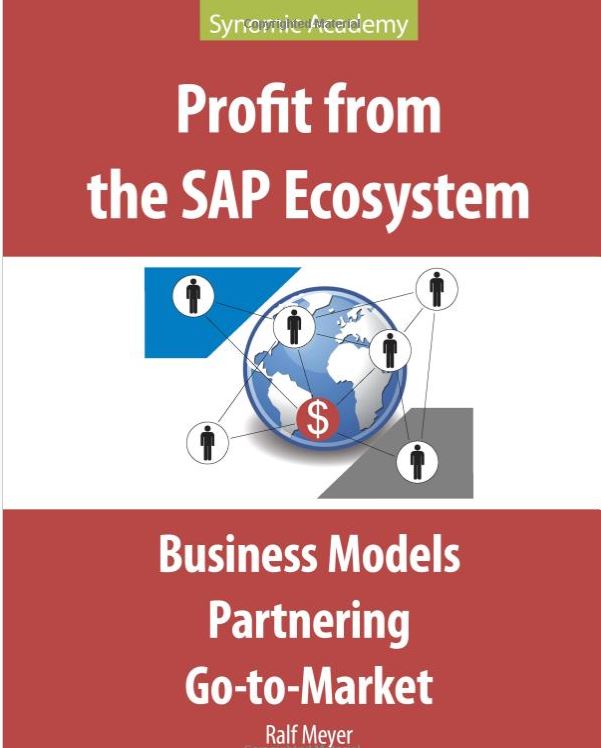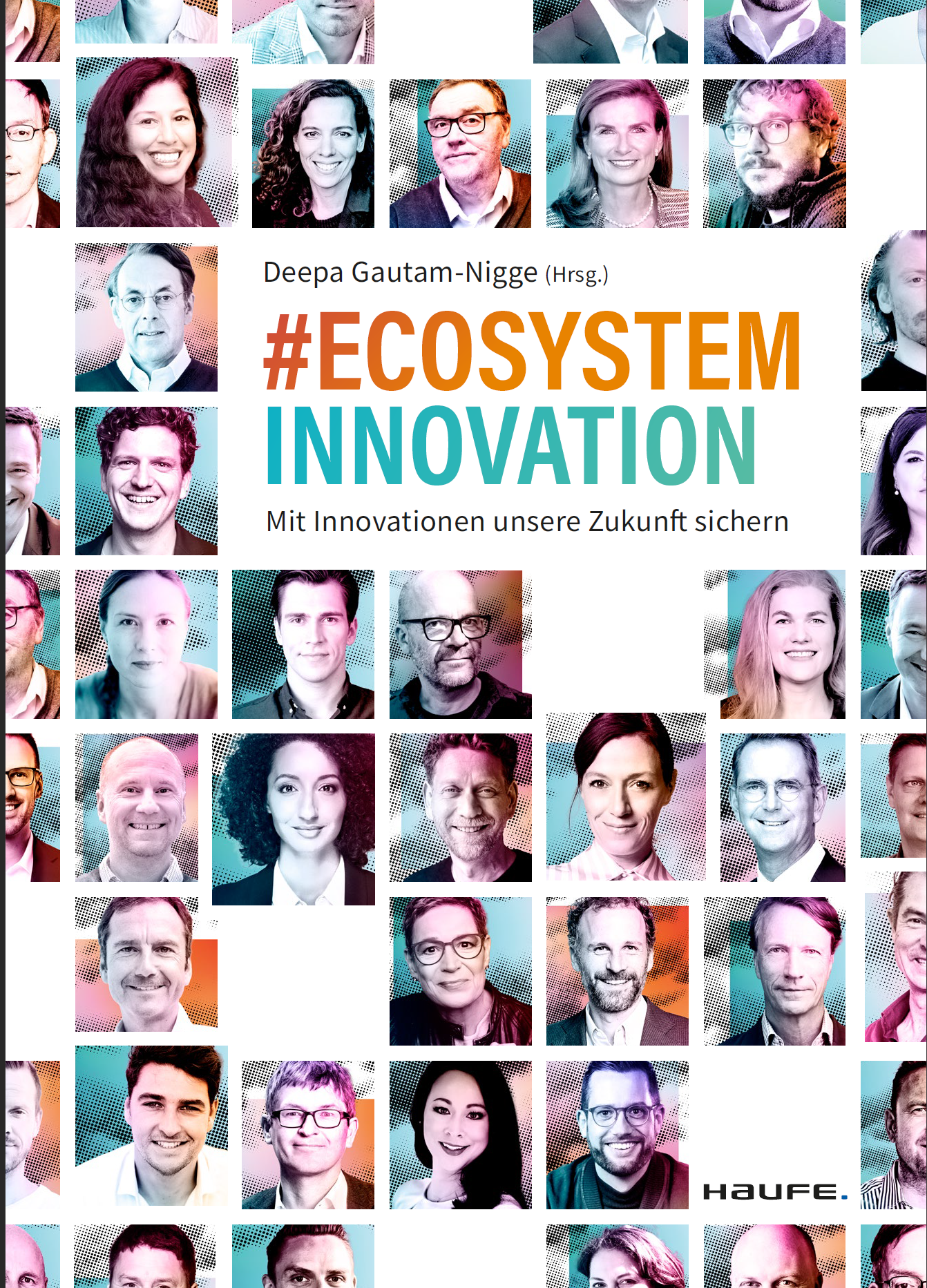Which markets are suited for aggregator business models
In the current swiftly evolving commercial landscape, aggregator business models have emerged as a potent force for disrupting conventional industries. Could certain markets be inherently more conducive to aggregator business models than others, spanning from transportation and hospitality to e-commerce and finance? Let us examine the fundamental factors that render specific markets highly suitable for the implementation of aggregator platforms.
One sector where aggregator business models have flourished is in transportation. Services like Uber and Lyft in the ride-hailing industry have transformed urban mobility by linking riders and drivers instantly. The transportation sector's characteristics, marked by fragmentation and a fundamental need for seamless, on-demand services, provide an optimal setting for the success of aggregator platforms. Additionally, the widespread use of smartphone technology has further facilitated the smooth integration of aggregator platforms within the transportation realm.
E-commerce stands out as another sector that has proven to be fertile ground for aggregator business models. Major online marketplaces, for instance Amazon and eBay, have skillfully merged a broad assortment of sellers and products, giving a convenient one-stop shop for consumers. The variety of products accessible and the necessity for a centralized platform to explore multiple offerings make e-commerce an ideal environment for the prosperity of aggregator business models.
The hospitality sector has also witnessed the effective adoption of aggregator business models through platforms like Airbnb. By leveraging the sharing economy and connecting travelers with diverse accommodation options, aggregator platforms have reshaped the process of booking lodging and disrupted the traditional hotel sphere. The flexibility and extensive range of choices in the hospitality sector create a favorable landscape for the acceptance of aggregator business models.
Moreover, the financial services industry is currently witnessing a rise in aggregator business models, exemplified by platforms like Mint and Credit Karma offering comprehensive financial insights by consolidating data from various sources. The demand for holistic financial management and the intricacy of accessing a variety of financial products and services position the financial sector as a prime candidate for aggregator platforms.
When contemplating the markets ideally suited for aggregator business models, it becomes apparent that industries characterized by fragmentation, diverse offerings, and the necessity for seamless accessibility and convenience are particularly conducive to the triumph of aggregator platforms. These models possess the potential not only to revolutionize established industries but also to generate entirely new market prospects, ultimately molding the future of business in profound ways.
Now, continue to









